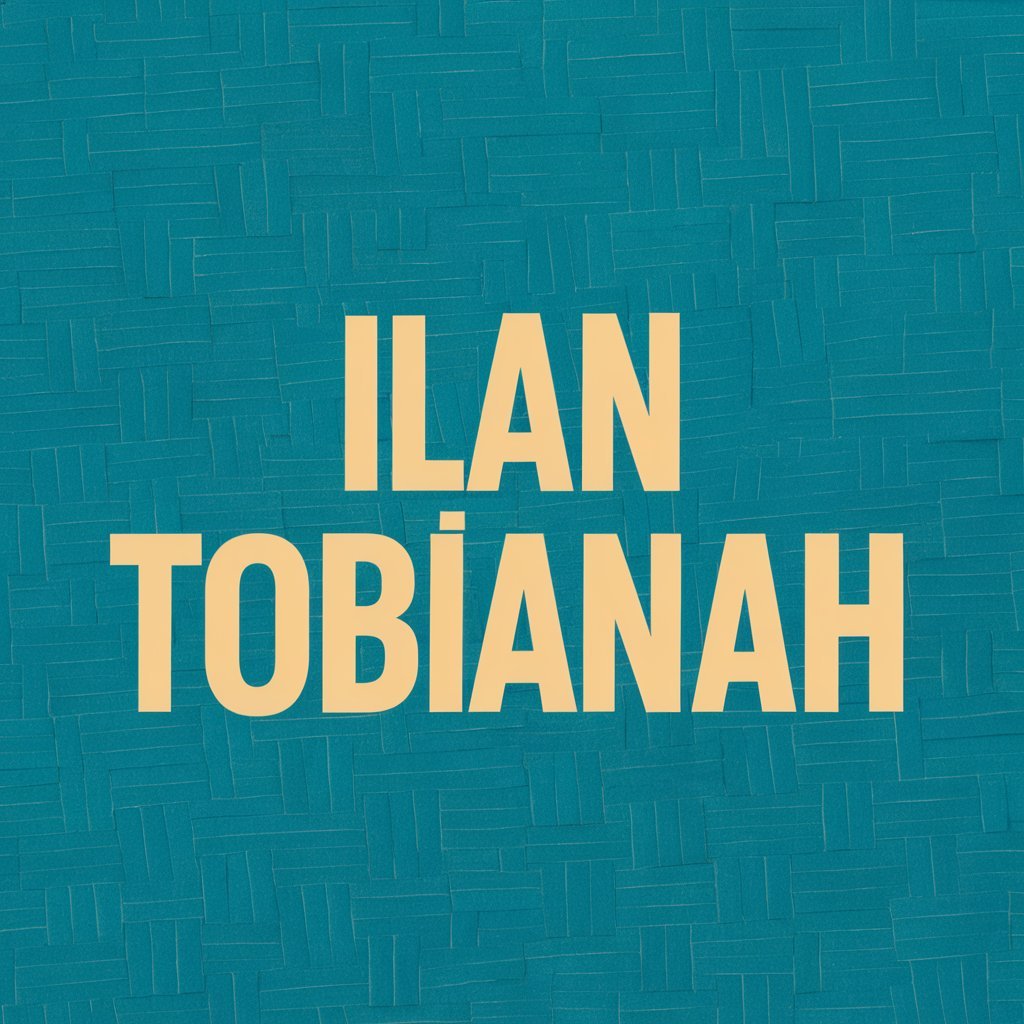Unlocking Creativity: How Voice Cloning is Revolutionizing Content Creation in AI
Artificial intelligence (AI) has advanced dramatically in recent years, altering how we generate and consume content. From chatbots to

Artificial intelligence (AI) has advanced dramatically in recent years, altering how we generate and consume content. From chatbots to personalized suggestions, AI has become an essential component of our digital life.
One of the most exciting breakthroughs in this sector is voice cloning, a technology that allows machines to replicate human voices with remarkable accuracy. This breakthrough technology is not only altering the landscape of content creation but also opening up new avenues of innovation.
In this blog article, we’ll look at the influence of AI voice cloning on content production and how it’s changing the way we think about creativity. We’ll look at the evolution of AI voice cloning, its revolutionary influence on content creation processes, and its potential to improve accessibility. Join us as we discover the intriguing convergence of technology and art!
The Evolution of AI Voice Cloning
Over the last two decades, there have been substantial technological developments in AI voice cloning. Early attempts at speech synthesis were crude, producing robotic, unnatural-sounding voices. These constraints stemmed mostly from a lack of advanced algorithms and a scarcity of voice samples for training.
However, with the introduction of deep learning and neural network technologies, the field of voice cloning has made significant development. These breakthroughs have enabled AI models to analyze massive volumes of voice data and learn the nuances of human speech patterns.
As a result, advanced AI voice cloning technology can generate voices that are extremely realistic and natural-sounding.
AI-generated voices can sound nearly identical to human voices because they capture details such as intonation, tone, and rhythm. This level of realism has expanded the options for content makers, allowing them to produce high-quality audio content more efficiently and economically than ever before.
Transforming Content Creation
This has democratized the production of audio content, allowing anybody with access to technology to create professional-quality recordings. This accessibility is especially useful for small businesses, independent entrepreneurs, and aspiring artists who may lack the funds to hire voice actors or recording studios.
Furthermore, AI voice cloning has expanded the potential for content customization. Creators can easily customize the AI-generated voice’s tone, style, and accent to match their content and audience preferences. This flexibility allows content makers to try out new creative ideas and personalize their content to specific consumers, increasing engagement and impact.
Overall, AI voice cloning is transforming content creation by making it more accessible, affordable, and customizable. As this technology evolves, we may expect to see even more imaginative applications in the future, altering the way we create and consume information.
Enhancing Accessibility and Inclusion
Furthermore, AI voice cloning has the potential to transform education for students with a variety of learning demands. AI-generated audio versions of text materials can make learning more accessible to persons who have difficulty reading. Similarly, students who are not native speakers of a language might benefit from AI voice cloning by having instructional information given in their original language or accent, which improves comprehension and engagement.
In the entertainment industry, AI voice cloning is increasing inclusivity. Audiovisual content can be dubbed or subtitled in several languages using AI-generated voices, allowing a global audience to watch films, TV episodes, and internet videos. This not only improves the watching experience for persons from various linguistic backgrounds but also fosters cross-cultural understanding and appreciation.
Overall, AI voice cloning is reducing barriers to communication and information access, making the world a more open and linked place.
The Future Of Creativity
AI voice cloning has the potential to revolutionize creativity, with applications in a wide range of industries. AI-generated voices in virtual assistants can offer more personalized and human-like interactions, improving the user experience. In gaming, AI voice cloning can be used to generate dynamic and immersive tales in which characters reply to players in real-time with realistic voices.
Furthermore, with interactive storytelling, AI voice cloning gives up new avenues for producing personalized and engaging experiences. Imagine a story in which the narrator changes their tone and style depending on the listener’s preferences, resulting in a unique and participatory narrative.
However, as AI-generated voices become more realistic, there is rising concern about their possible exploitation. Deepfake audio, which uses AI-generated voices to mislead or deceive people, presents a serious ethical dilemma. To guarantee that AI voice cloning technology is used responsibly, developers, legislators, and users must work together to create standards and laws.
Despite these challenges, the future of creativity using AI voice cloning looks promising, with limitless opportunities for innovation and expression. As technology advances, it is up to us to harness its potential for good and guarantee that creativity continues to be a constructive force in the world.
Conclusion
AI voice cloning is revolutionizing content creation, opening up new avenues for creativity and accessibility. This technology is changing the way we think about communication and narrative by making audio material more accessible and inclusive. As we continue to investigate the possibility of AI voice cloning, it is critical to address the ethical issues and apply this technology ethically.
Finally, AI voice cloning has the potential to unleash new forms of creativity and revolutionize the way we make and consume information. As we realize the potential of new technology, we must do it carefully and responsibly, ensuring that society benefits as a whole. The future of content creation has arrived, and AI voice cloning is leading the way.









